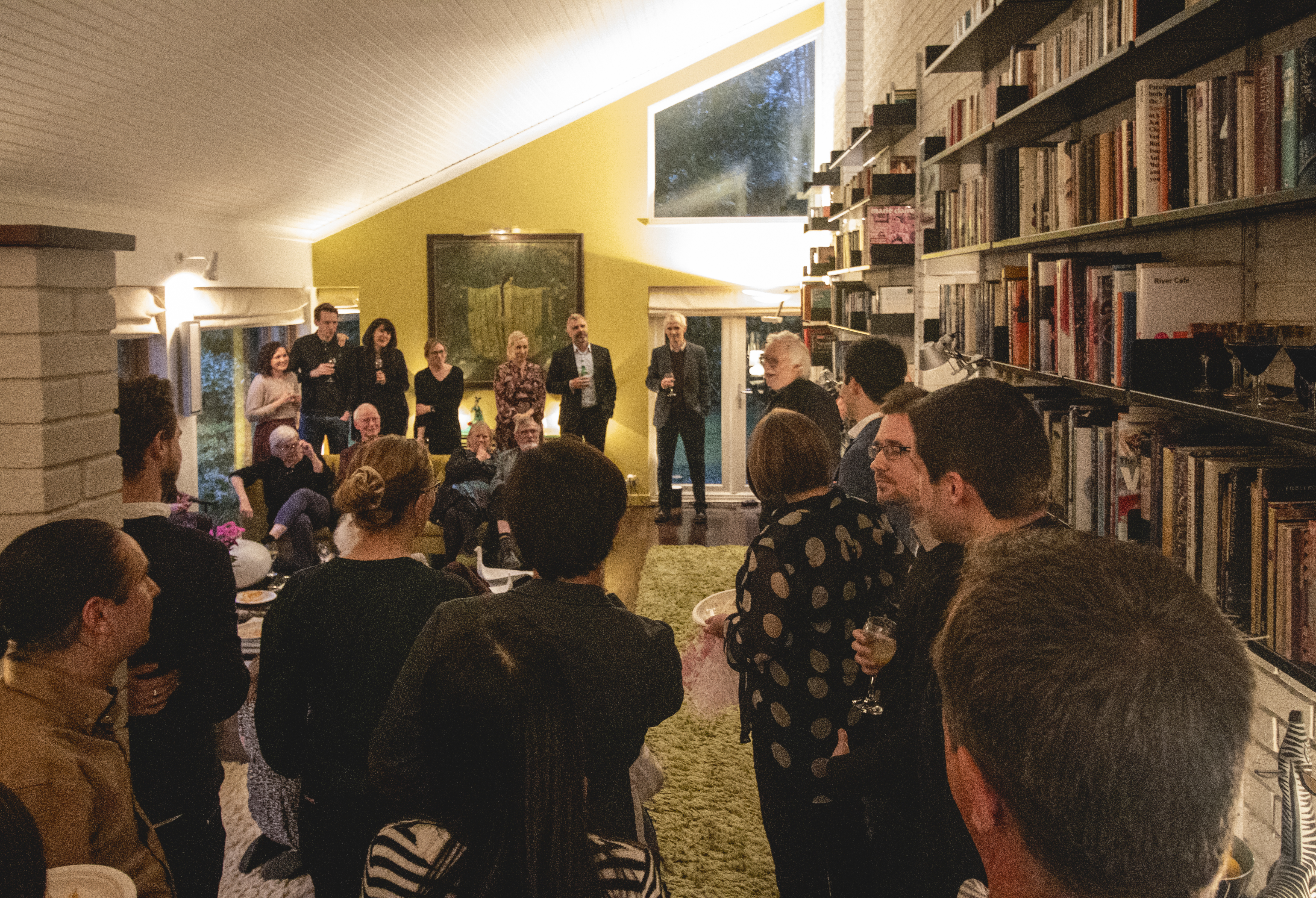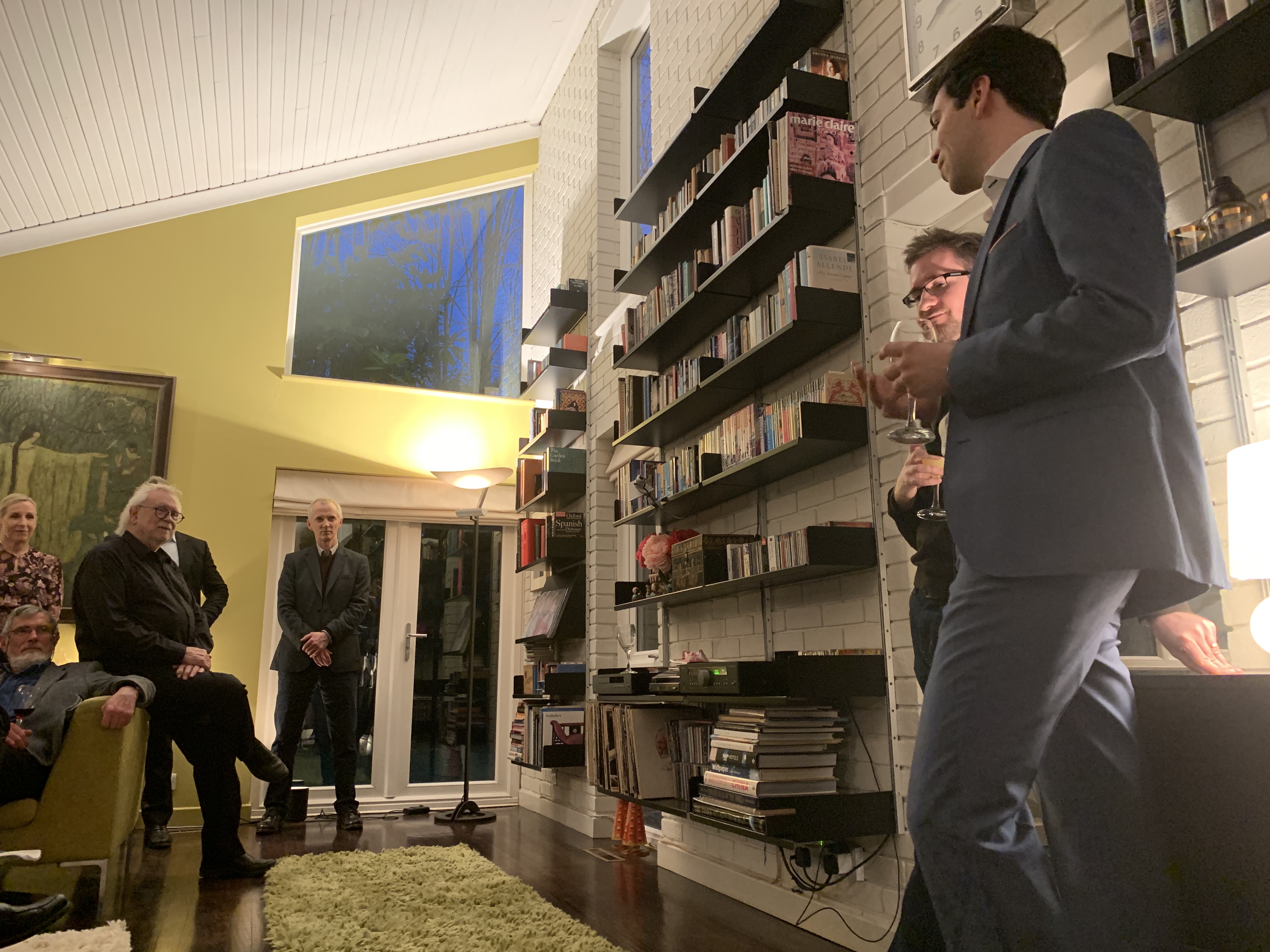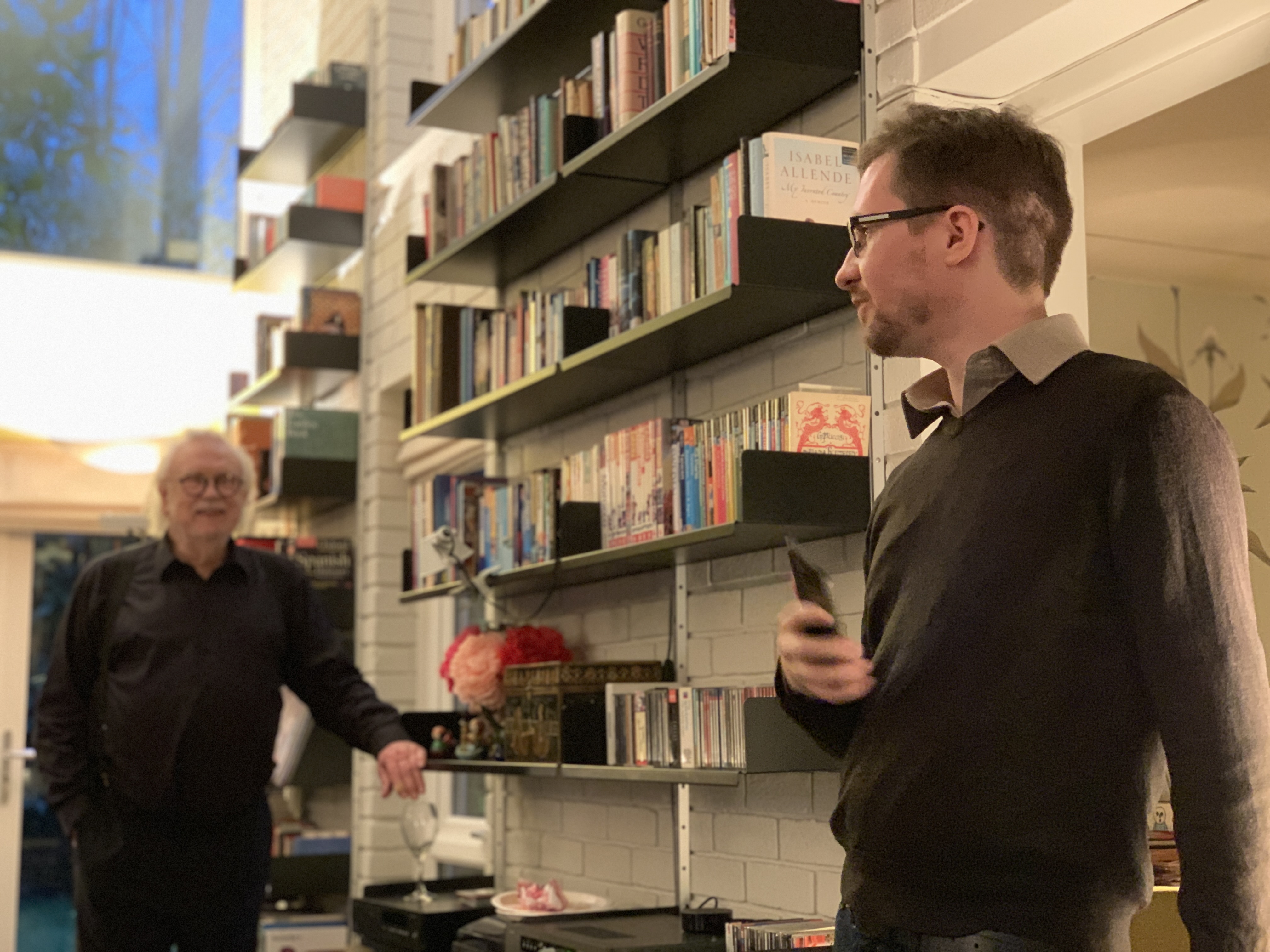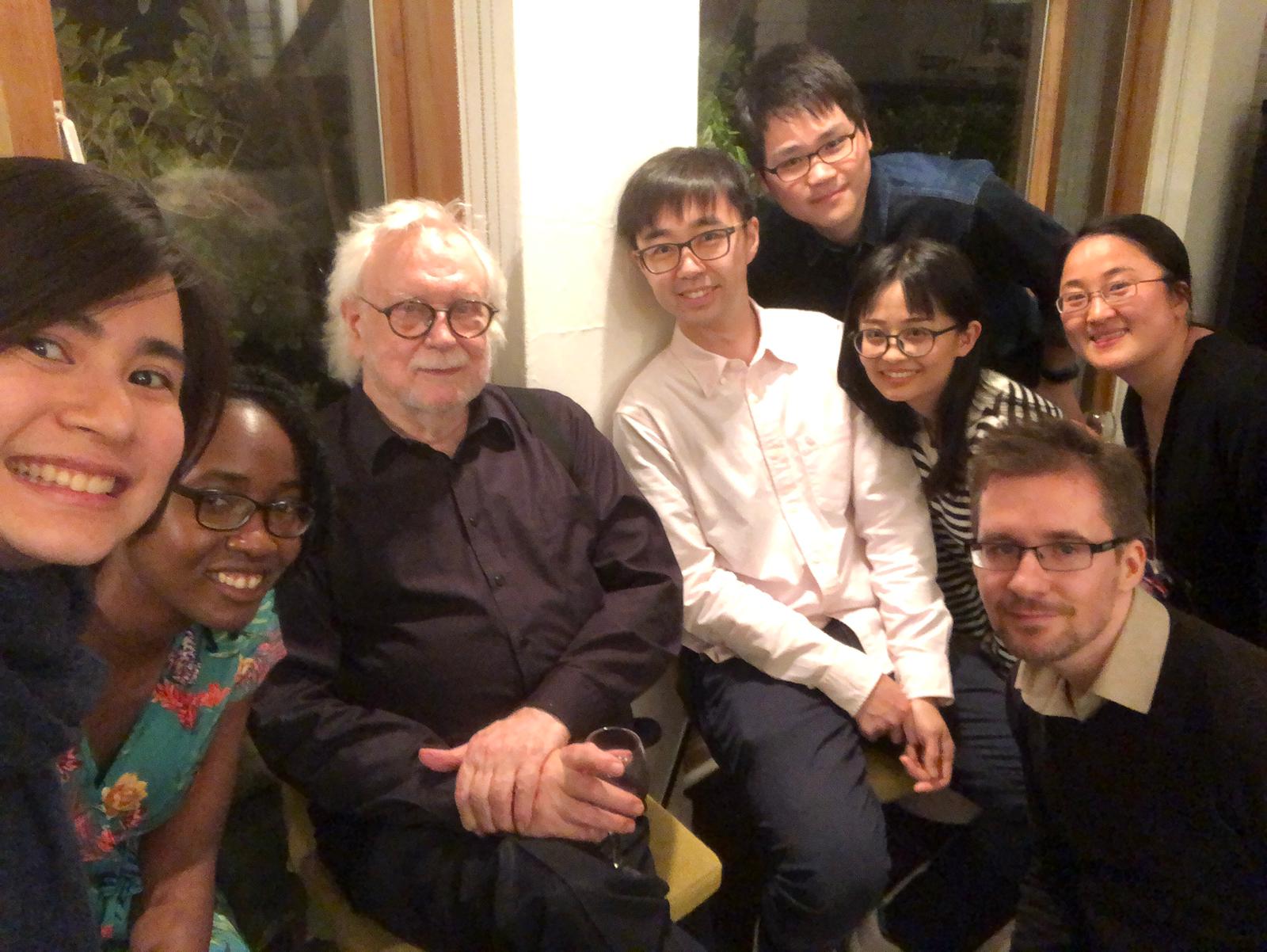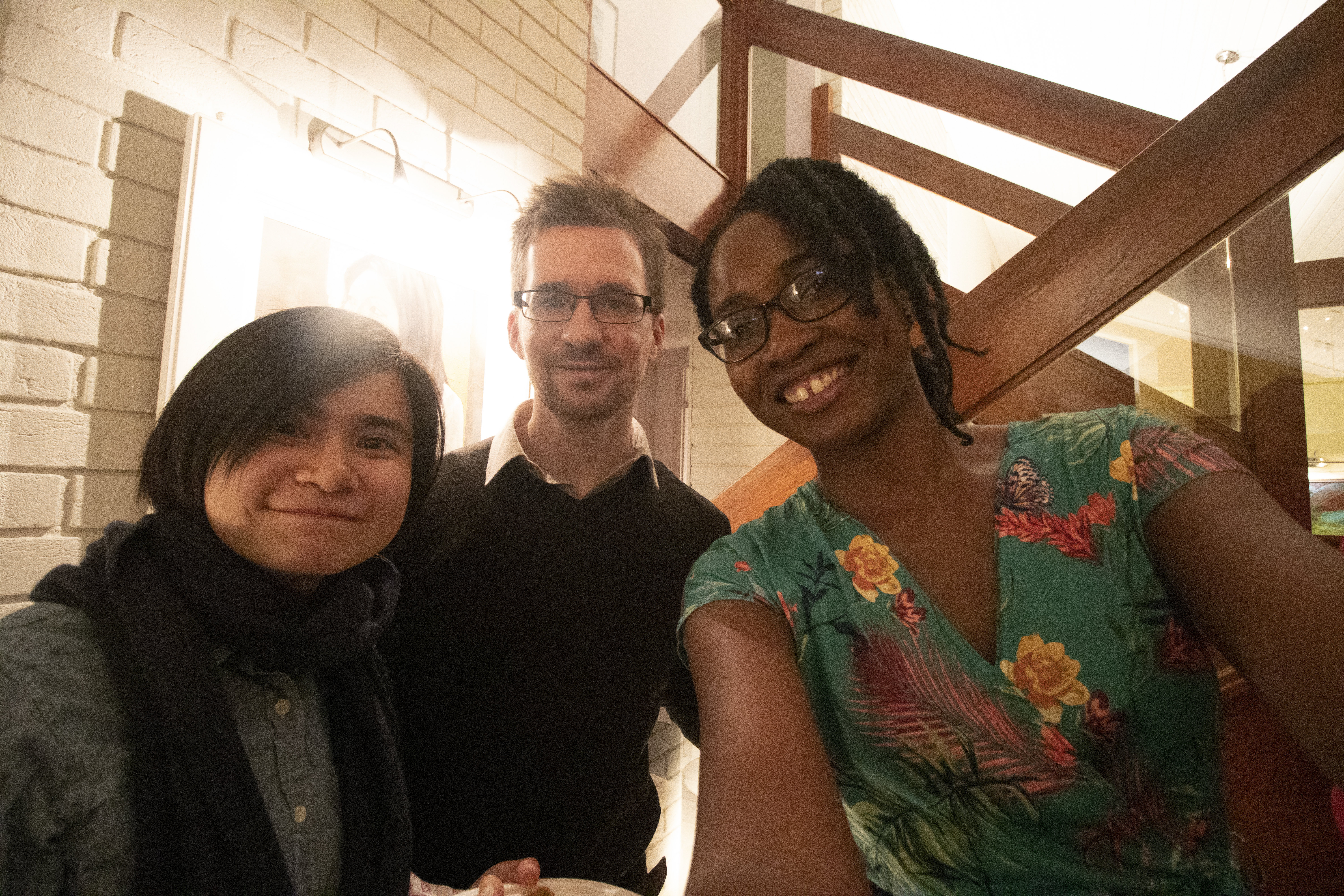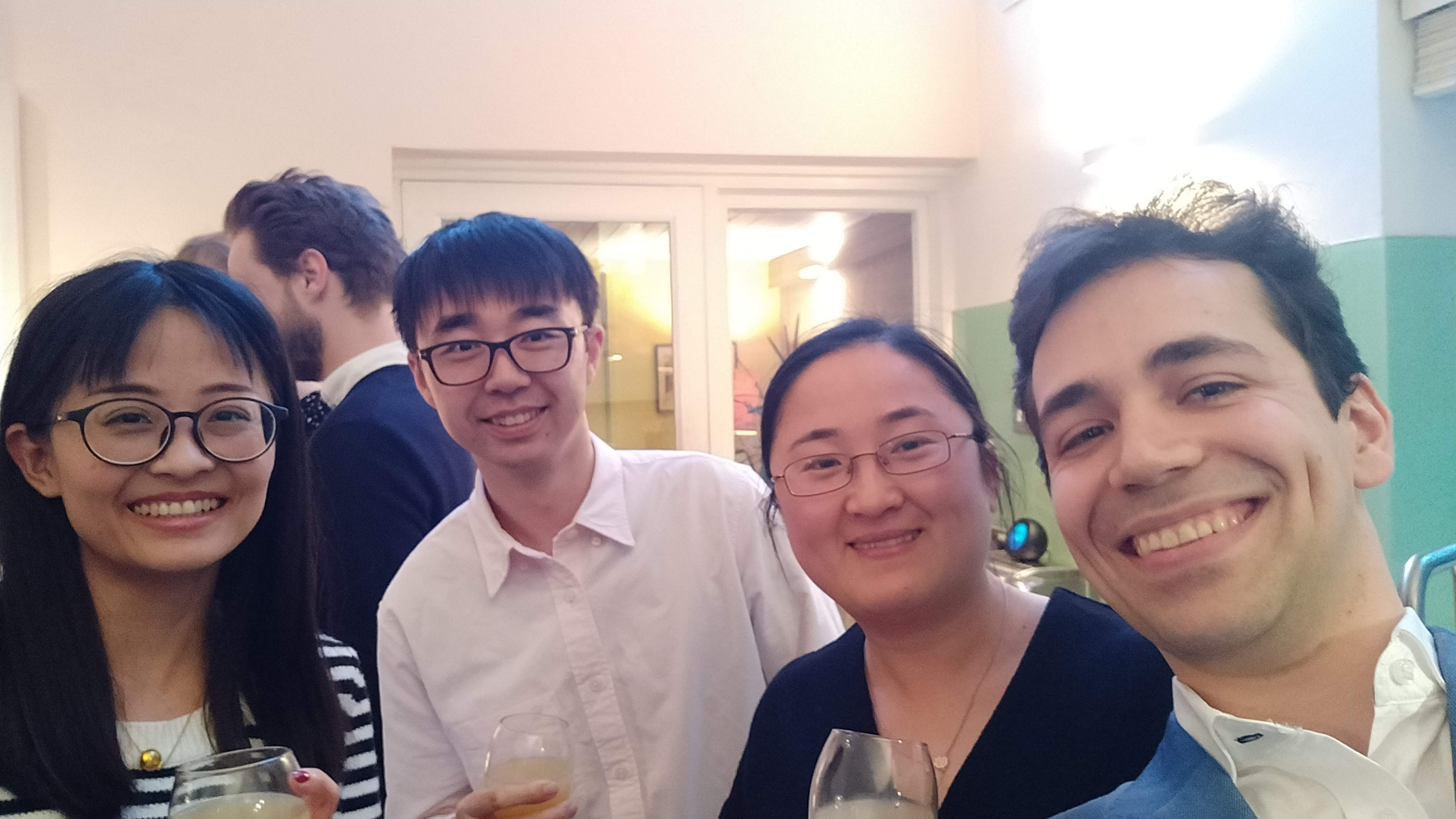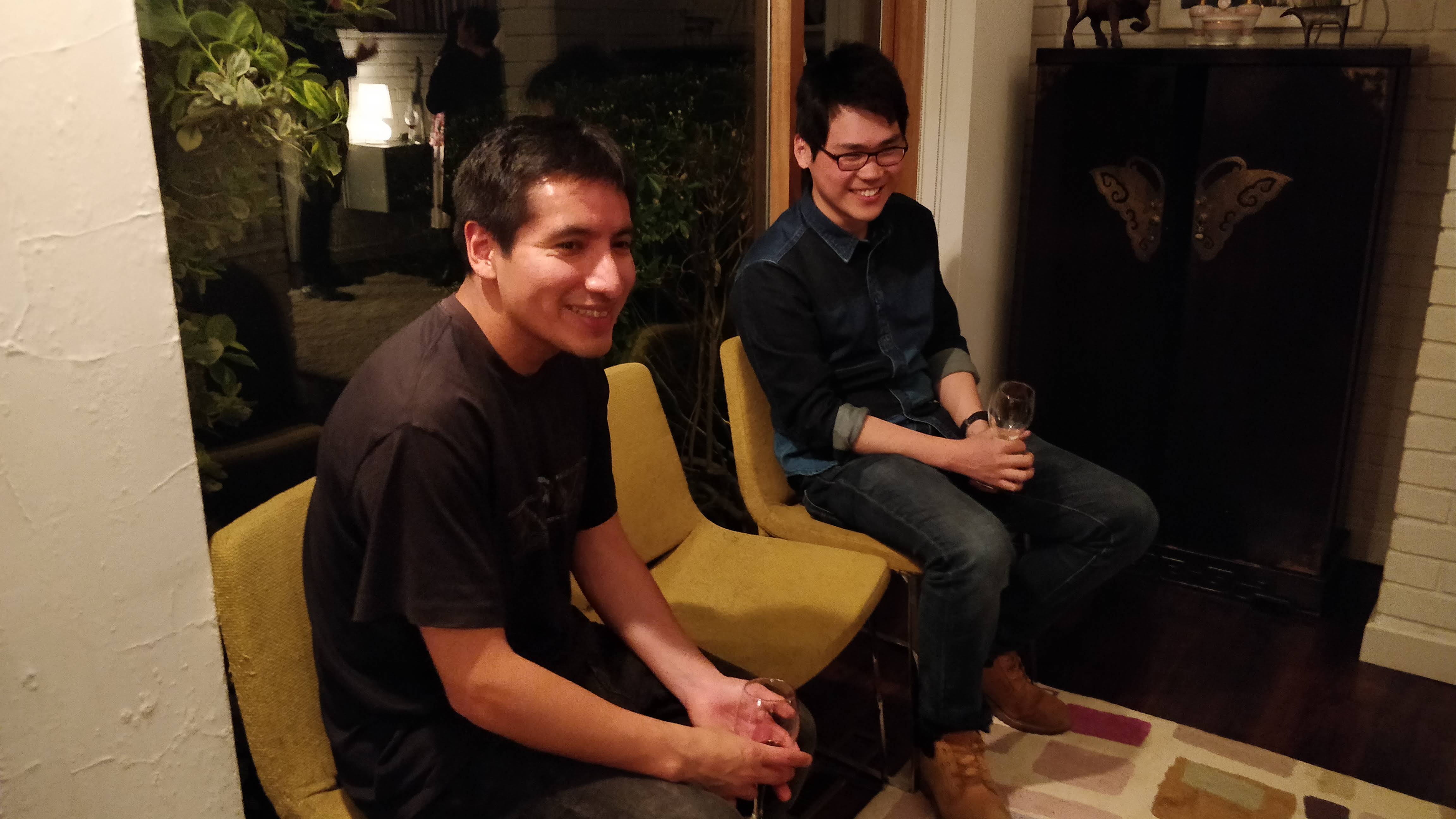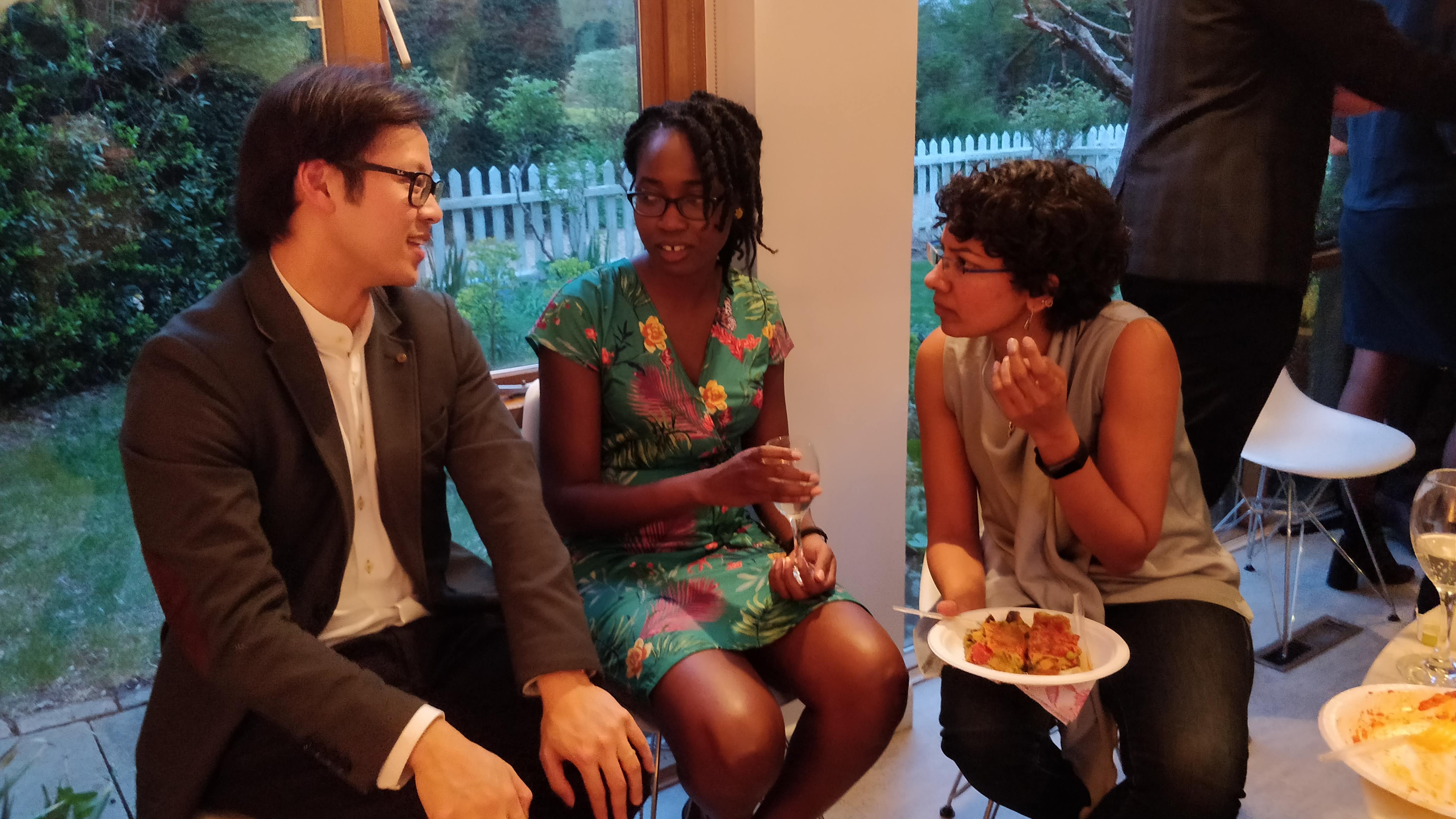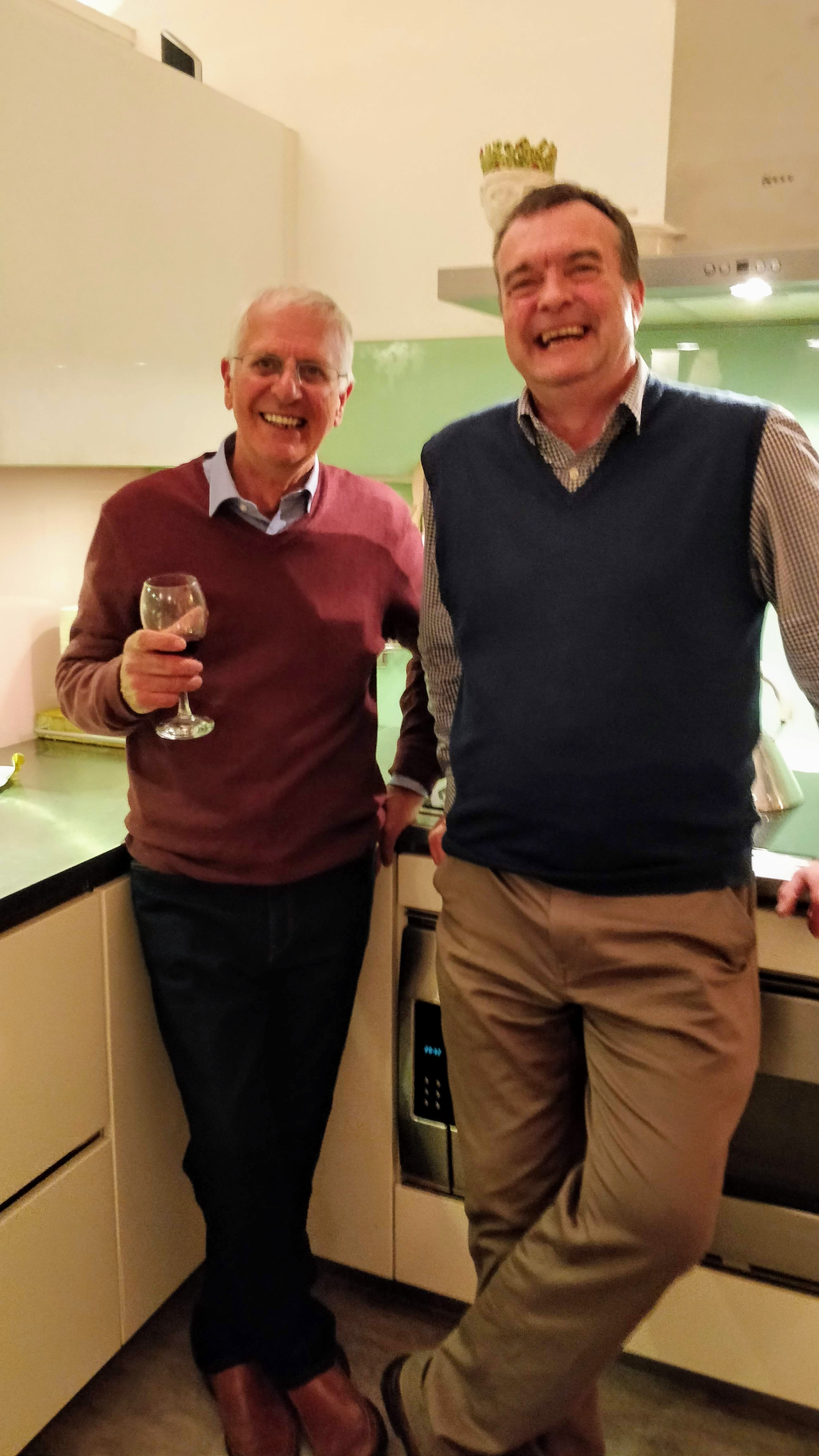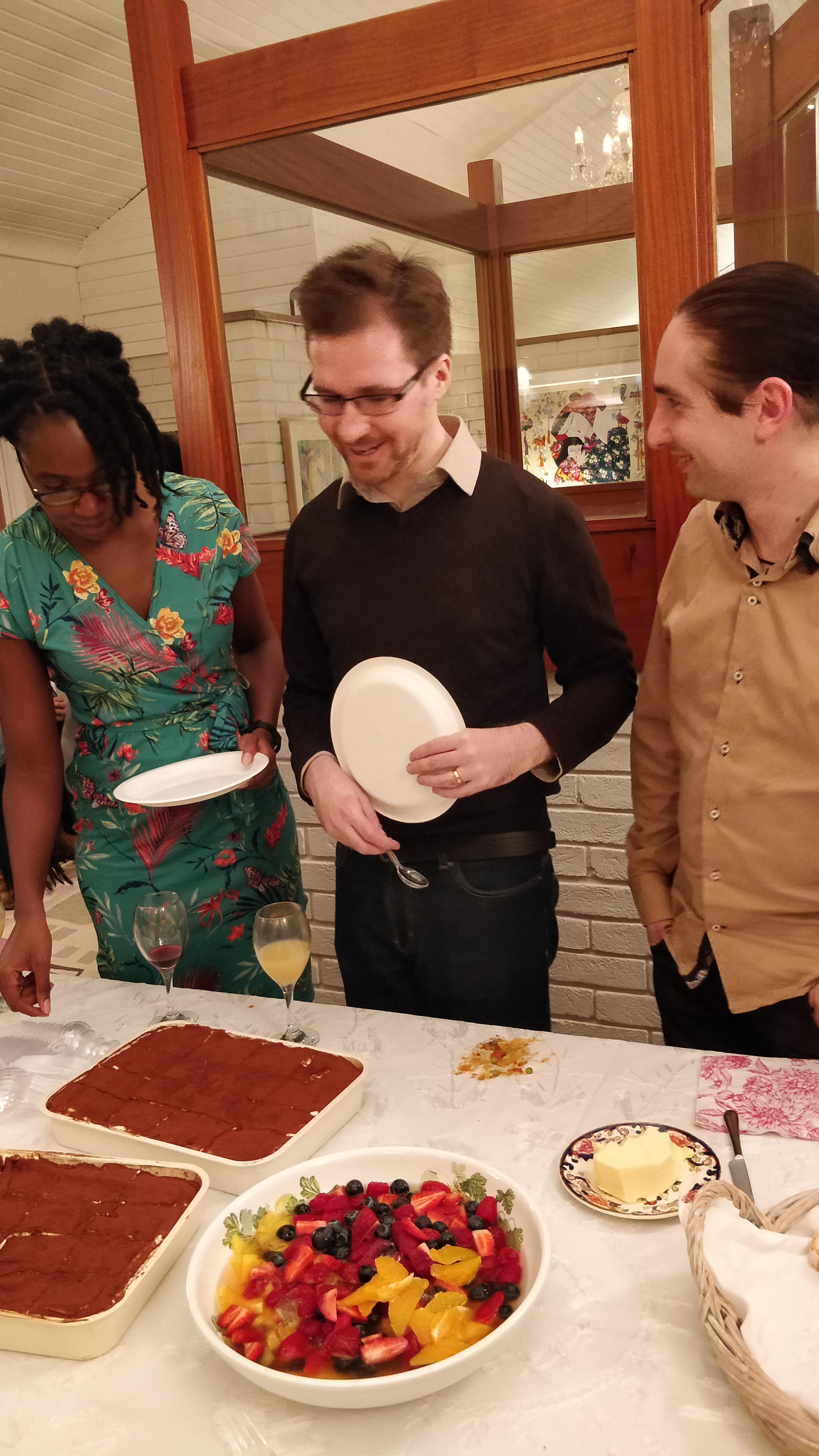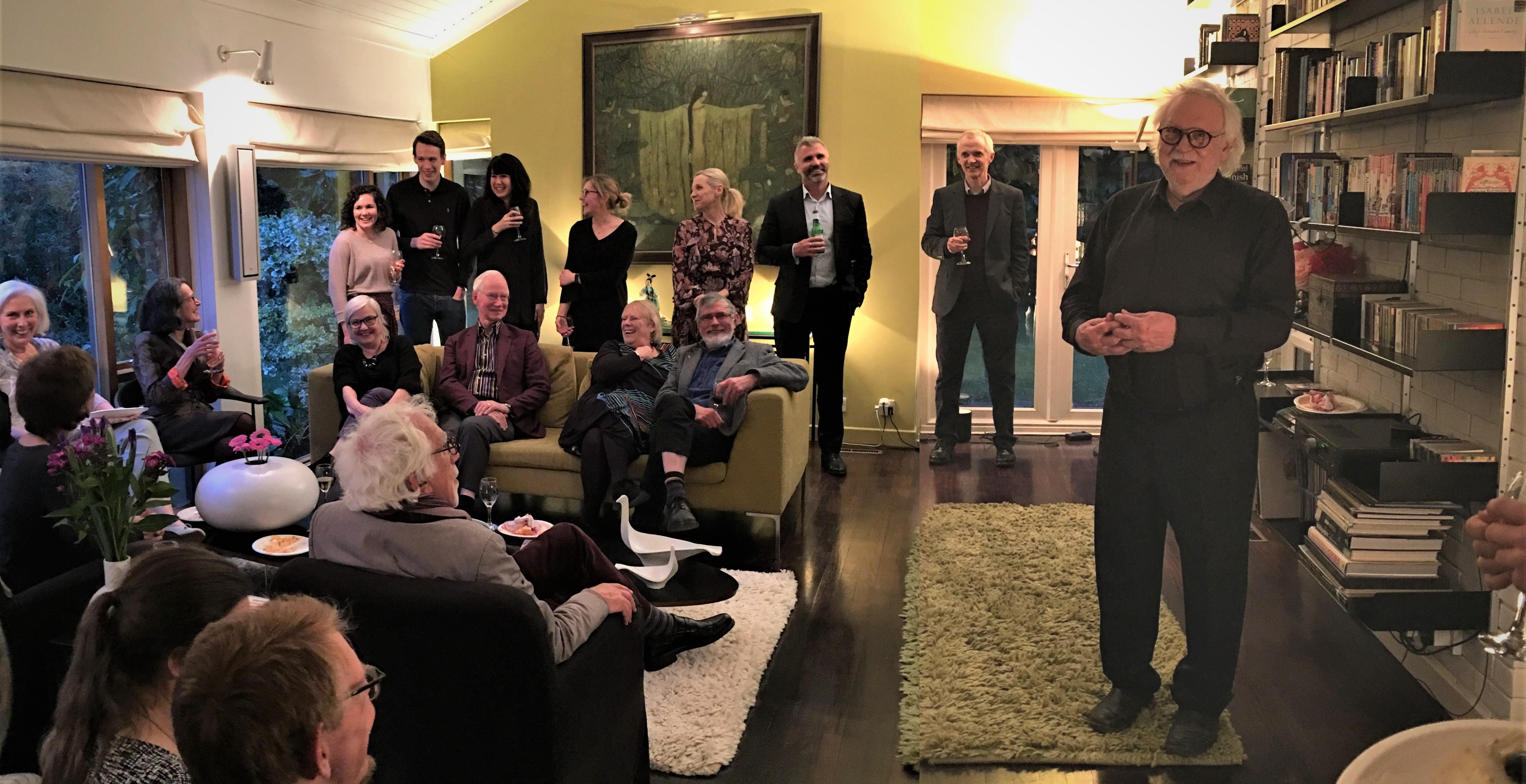
Submitted by Administrator on Sun, 31/03/2019 - 00:00
Professor John Rust will today retire from his post as Director of the University of Cambridge Psychometrics Centre after nearly 30 years at the helm of one of the world’s leading research institutions for the study of psychological assessment.
Throughout his career, John has been at the forefront of developments in both pure and applied psychometrics, and a leading figure in the development of ethical and professional standards in his role as a Fellow of the British Psychological Society (BPS) and the Royal Statistical Society. Through his popular BPS Certificates of Occupational Test Use courses (which John will continue to teach in Cambridge) and the Centre’s international network of academics and practitioners, his leadership and passion for science will undoubtedly have a lasting impact on the field.
The Centre will continue its diverse activities under the leadership of Dr David Stillwell and Vesselin Popov, as Academic and Executive Directors, respectively. Their joint expertise will ensure continuity of mission and help to build upon its long history of high-impact work with clients and collaborators in both the public and private sectors. The Centre will remain a strategic research network of the University, with David and Vess dividing their responsibilities between the group’s academic grants and outputs (within Cambridge Judge Business School) and its more applied, development-oriented projects (within JBS Executive Education Limited). It will also continue to internationally publish tests authored by John, such as the Orpheus Business Personality Inventory and the GRIMS and GRISS assessments of personal relationships.
John founded the Psychometrics Centre in 1989 on receipt of a commission from the Psychological Corporation to carry out a standardisation of the Wechsler Intelligence Scale for Children in the UK. Since then John has standardised some of the most widely used psychometric tests in the world, including the Watson-Glaser Critical Thinking Appraisal, the NEO PI-R and BIP personality tests, the Clinical Evaluation of Language Fundamentals and the Ravens Progressive Matrices. In that time, he has also overseen several transitions in the Centre’s governance structure, maintaining at all times a cohesive and inclusive culture. From its early establishment at the University of London, the Centre has adapted its operations and functioned effectively within City University (from 2003), Cambridge Assessment (2005), the Department of Psychology at the Universitry of Cambridge (2008) and the Cambridge Judge Business School (since 2016).
By integrating the testing community and aligning the Centre’s work with the Flynn effect, John was influential in the resurgence and rehabilitation of academic debate in psychometrics, which had at one time become mired in the race IQ debate. More recently, the Centre has again been thrust into the media spotlight as a result of its research showing (and warning) that digital footprints can be used to predict psychological traits, and to target persuasive content to individuals and groups. John has helped the team to navigate the local and global politics of this debate with characteristic integrity and secured the furtherance of the Centre’s multidisciplinary research agenda – an agenda spanning the fields of psychology, business, computer science, philosophy, linguistics, health, education and beyond.
John’s own research interests range from the assessment of special educational needs in children to the assessment of personal integrity and team effectiveness in the workplace. He has engaged actively in the ethics of AI debate and argued for the application of psychological theory to advanced computational problems. Currently, John is interested in moral development in AI and in the establishment of more robust psychological frameworks for the study of cyberspace. He believes in the emergence of a new branch of psychology fit for the digital age, one in which researchers can interrogate interactions not only between humans but between humans and bots, algorithms or other agents that exhibit unique but often covert moral and social characteristics of their own.
Finally, John’s amiable and approachable style will be missed by the many hundreds of students he has taught and supervised. Professor Rust will always remain an admired friend, colleague and collaborator of everyone he has worked with at the Psychometrics Centre and across the University of Cambridge. We are grateful for his long service, his lifelong contribution to science and his inspiration of the next generation of psychometricians.
A few photos from John's retirement party

